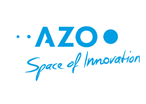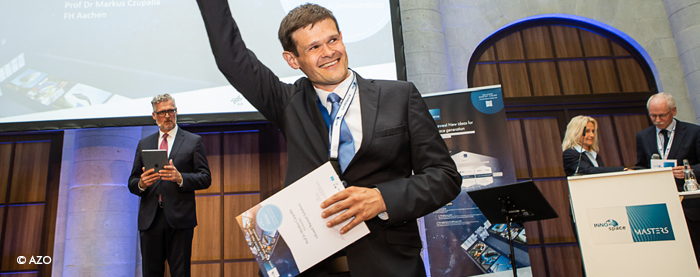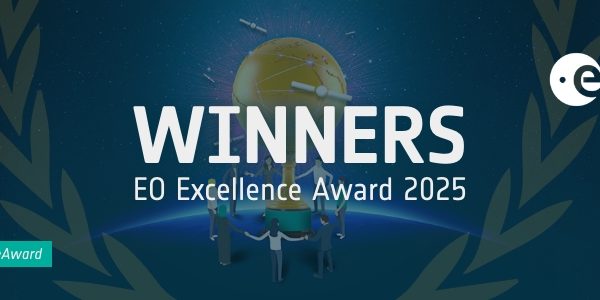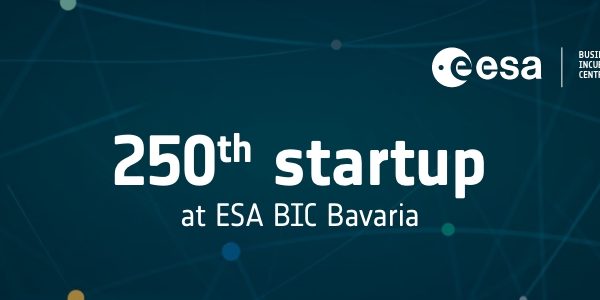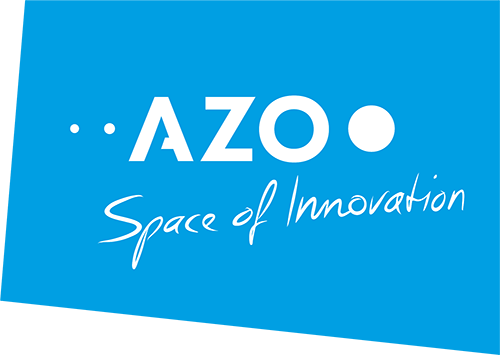Prof Markus Czupalla from the Fachhochschule Aachen University of Applied Sciences in Germany has developed an innovative concept to passively stabilise the temperature of thermo-elastic spacecraft components. His idea combines existing and already known concepts of phase change materials (PCM) with the latest state-of-the-art manufacturing techniques from 3D printing.
Prof Markus Czupalla took first place in the German Aerospace Center (DLR) Challenge as part of the INNOspace Masters 2017/18.
In the following short interview, Prof Czupalla (MC) talks about his project, “Infused Thermal Solutions”. He is interviewed by Regine Heue (RH), Head of Marketing & Communications at AZO. Learn more about how the INNOspace Masters kick-started his research idea and why you should submit your idea to the INNOspace Masters by 8 February 2019.
RH: You submitted your idea to the INNOspace Masters in 2018. What motivated you to participate in the competition?
MC: With more than 14,000 students, almost 2,000 graduates a year, ten faculties, more than 70-degree programmes, nine in-house and three affiliated institutes, as well as four competence platforms, FH Aachen University of Applied Sciences, with its Aachen and Jülich locations, is one of the biggest and most important universities of applied sciences in Germany. FH Aachen is also one of the most research-intensive universities of applied sciences in Germany. Since we work on research within aerospace systems engineering, I thought that the INNOspace Masters was the perfect competition for my project. I became aware of the INNOspace Masters via my colleague Prof Enrico Stoll from TU Braunschweig, the Overall Winner of the INNOspace Masters 2016/17. He informed me about the great possibilities this ideas competition offers. Of course, the DLR Challenge with its EUR 400,000 grant for each winner, provided motivation as well. Winning the DLR Challenge, this money has drastically pushed forward my project “Infused Thermal Solutions” and gave me the great opportunity to gain dedicated feedback from experts from different fields, but specifically from the space sector. In addition, I also received professional feedback and support for my proposal for the general funding. Today, I can say that the effort of submitting my idea was proportionate to the outcome of the INNOspace Masters participation.
RH: How did winning the Challenge help develop your project and what kind of support did you receive from the DLR Space Administration?
MC: Most importantly, the funding offered significant financial support for my project. Furthermore, I received fantastic publicity and visibility:
- Firstly, an article about my idea was published in the Aachen local newspaper
- Then I was able to present my idea to the space audience during the INNOspace Masters conference in Berlin in June 2018
- And my idea became famous within my workplace
In addition, the INNOspace Masters competition jury gave me quick and valuable feedback and pointed out economic and professional approaches and perspectives that I hadn’t considered before. During my proposal for the funding, the DLR Space Administration was very constructive, cooperative and supportive and I had the chance to ask questions at any time.
RH: What is the current development status of your project?
MC: The testing and the project plan that were required for the funding proposal are now finished. The funding proposal has also been submitted. The preparation of the funding proposal was rather intense and took about a month but that’s normal for federal funding. The objective is to most likely start my project in April 2019 – and I am very much looking forward to the next steps.
RH: Last but not least, what are your recommendations to anyone interested in taking part in the INNOspace Masters competition?
MC: First of all, I can highly recommend the INNOspace Masters ideas competition to anyone interested in taking part. My recommendation for the submission into the database as well as for the presentation during the evaluation meeting is: Grab the attention of the reader and/or audience by clearly describing the problem you would like to solve. Do this in a simple and understandable way. It’s also important to think precisely about your target group, i.e. who your solution is aimed at.
My Ph.D. adviser Prof Klaus David from the University of Colorado told me to always answer the question “Who cares?”. That means: Don’t just create an idea. Create a solution that is thoughtful in a technical and economical way and always consider your target group. In addition to that, you shouldn´t forget to integrate the spin-in or spin-off aspect, when submitting your idea to the INNOspace Masters.
RH: Thank you very much Prof Markus Czupalla for your time!
